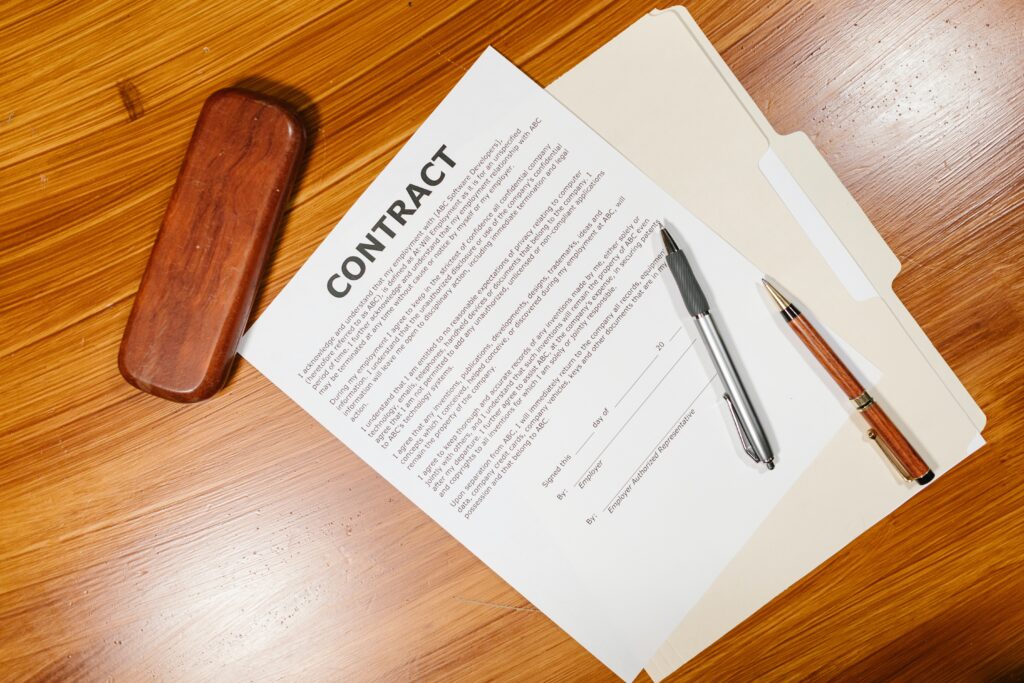Los Angeles is a high-powered city full of ambitious people. Because of this fast-paced environment, sometimes individuals will take liberties they are not permitted to take – or it may appear that such acts are intentional when they are not. Either way, it can be frightening and enraging if sexual harassment happens to you. It is important, even critical, to understand that you do not have to experience it alone. You deserve better than to be mistreated, and a good sexual harassment lawyer in LA can help you seek justice.
Two Types
While most women and many men are aware that sexual harassment may occur anywhere, it is by far the most common in the workplace. There are two types of behavior documented by relevant authorities that qualify under the relevant laws as sexual harassment: quid pro quo and hostile work environment.
Quid pro quo sexual harassment is the classic offer of some advancement or assistance in return for sexual favors by one individual to another. Because this behavior is so exploitative, it is punished harshly when it is proven to be going on – unlike in many other states, California law makes an employer strictly liable for the sexual harassment of its employee, which means they cannot defend against it. Strict liability is defined as when liability is imposed on a person without requiring a finding of fault, meaning that one does not have to be proven to have abrogated that duty of care in order to be found liable.
Hostile work environment sexual harassment, by contrast, is when conduct by one or more people is so intimidating and unpleasant that it rises to the level of harassment, with a sexual edge to alleged teasing or physical interactions. The key words in the statute that can make an employer liable are “severe or pervasive” – or, not and, meaning that the burden of proof the plaintiff must meet to show harassment is lower than it might be in other states where “severe and pervasive” is the standard. Also, California law holds that the person filing the claim need not have been the specific target of the harassment in order to have a cause of action.
Gender Is Irrelevant To Harassment Claims
It is important to keep in mind that by law, gender is irrelevant in terms of feeling sexually harassed or making harassment claims. Multiple California institutions from the entertainment industry to the state capitol have been touched by sexual harassment claims in recent years, and given the widespread nature of the claims and social phenomena like the #MeToo movement, more and more men are coming forward, both under California and federal law.
Historically men were somewhat discouraged from filing harassment claims, fearing being perceived as weak or incompetent. However, more and more men are filing in this day and age, against both male and female harassers. The Equal Employment Opportunity Commission (EEOC) in particular has documented an increase in male plaintiffs in sexual harassment cases since 2010, with between 16 and 18 percent of sexual harassment claims being filed by men, up from single digits in the early 2000s.
California Law or Federal Law?
Despite the noted uptick in harassment claims being filed with the EEOC, filing in California is a better bet for many plaintiffs, and understanding which statute to file under can be an important part of moving forward with your case. There are different standards at play under each law. For example, Title VII of the federal Civil Rights Act of 1964 has been interpreted to hold that in order to hold an employer liable for hostile work environment sexual harassment when the employer has not taken any detrimental employment action (in other words, in order to hold your boss liable for sexual harassment even if you have not been disciplined or demoted for your report), (1) the employer must not have taken any reasonable steps to curb harassing behavior or prevent it in the first place; and (2) the employee must have “unreasonably” failed to work with the employer to prevent the behavior.
California law, by comparison, does not demand any action on the employee’s part to work with the employer regarding the behavior before filing suit. In some ways this can help the employee, because a person who has been harassed may sometimes not take steps to discuss the behavior with their employer due to fear of retaliation or disbelief. They may decide at first to ignore the behavior, only to change their mind later, and under federal law, they would conceivably be denied in court because they did not immediately speak up. California law does not have this requirement.
Training Is Required
One variation in California’s law that the average employee should keep in mind is that the Department of Fair Employment & Housing (DFEH) requires employers with at least 50 full or part time employees and/or independent contractors must provide at least two hours of sexual harassment training to all supervisory employees every two years. The training must be fairly comprehensive, covering both federal and state law, and include at least some discussion on how to handle claims, both true and false. If an employer does not offer this training, they may be cited, and while it is not probative, it is a persuasive showing if one is trying to establish a workplace culture as being uninterested or disengaged from sexual harassment issues.
Don’t Delay – Call Our Los Angeles Sexual Harassment Lawyers Today
Sexual harassment has become a hotly debated topic in this age of the #MeToo movement, but it cannot be debated that being harassed on the job is something no worker should ever have to endure. Our Los Angeles sexual harassment lawyers have been recognized for their work for other clients, both in terms of excellence and in terms of compassion, which is what victims of such treatment so often need. We have 15 attorneys in our firm, each of whom understands that justice and closure are paramount in what you need.
You can schedule a free case review with us by calling our offices today at 415-360-1766 or by using our web form. We work on a contingency basis, meaning that if you do not succeed in your suit, you owe no fees. Contact us today.













